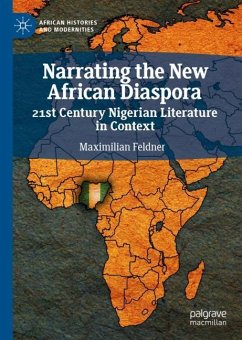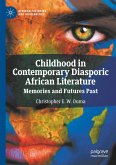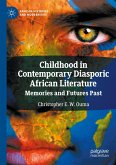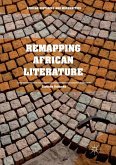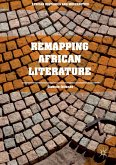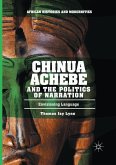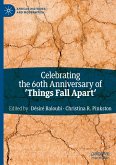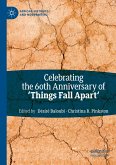This book provides the first comprehensive survey and collection of Nigerian diaspora literature, offering readings of novelists such as Chimamanda Ngozi Adichie, Sefi Atta, Helon Habila, Helen Oyeyemi, Taiye Selasi, Chika Unigwe, Chris Abani, and Ike Oguine. As members of the new African diaspora, their literature captures experiences of recent Nigerian migration to the United States and the United Kingdom. Examining representative novels, such as Adichie's Half of a Yellow Sun and Americanah, Habila's Waiting for an Angel, Abani's GraceLand, and Oyeyemi's The Icarus Girl, the book discusses these novels' literary and narrative methods and provides detailed analyses of two of the most common themes: depictions of migratory experiences and representations of Nigeria. Placing the novels in their relevant historical, sociological, philosophical, and theoretical contexts, Narrating the New African Diaspora presents an insightful study of current anglophone Nigerian narrative literature.
Bitte wählen Sie Ihr Anliegen aus.
Rechnungen
Retourenschein anfordern
Bestellstatus
Storno

